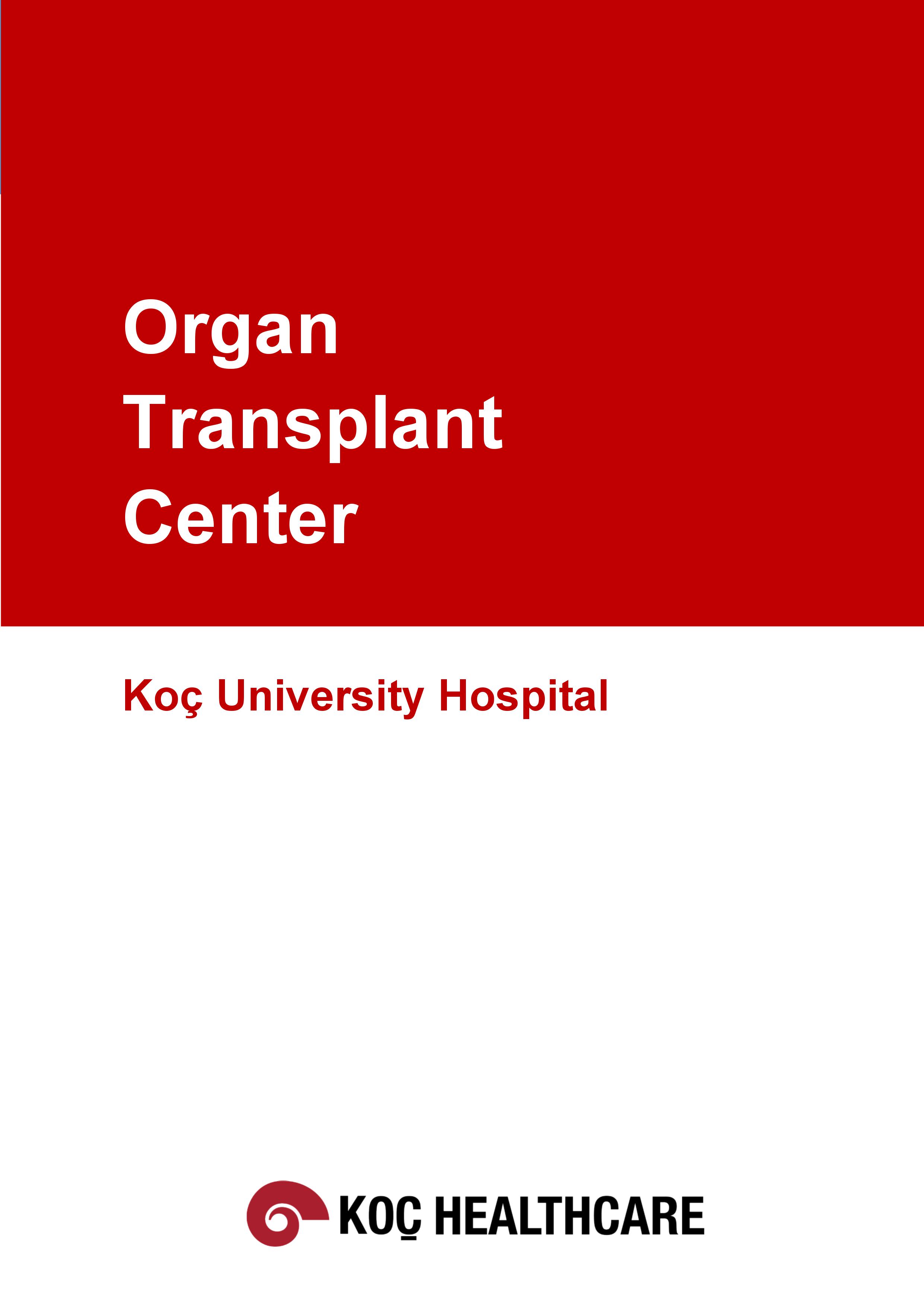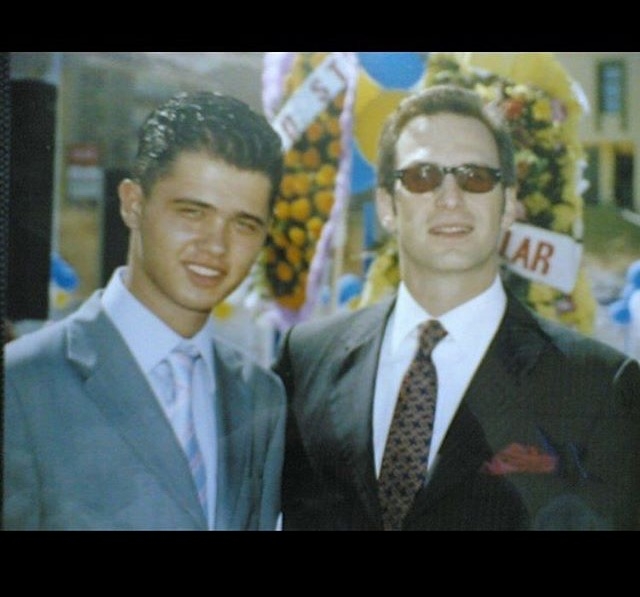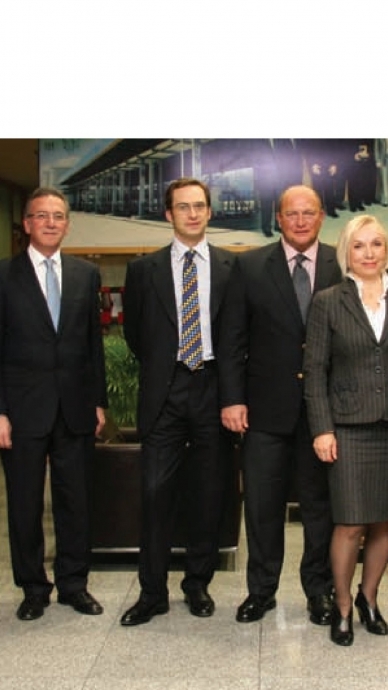

The HSC Core Facility is planning to implement real time measurement of absolute numbers of CD34+ cells using IMGN2000 device and clinical scale G-CSF mobilized peripheral blood collections from normal donors for preclinical and basic research purposes. The HSC Core Facility also maintains a variety of murine and human hematopoietic cytokines and provides consultation to investigators working with hematopoietic cells. The facility routinely performs 14 day CFU-GM, BFU-E, CFU-GEMM, and CFU megakarocytic progenitor assays, Long-Term (5-week) Culture Initiating Cell (LTC-IC) assay, separation of mononuclear cells by density gradient (Ficoll-Hypaque or Percoll), adherence depletion of mononuclear cells, CD34+ cell enrichment with VarioMACS system, and mesenchymal stem cell culture purification. The HSC Core collects, processes, and distributes peripheral blood, bone marrow and umbilical cord blood samples from normal donors and patients according to an IRB approved protocol. The facility serves as a quality control/assurance laboratory for translational clinical trials of blood and marrow transplantation, 2) to procure and distribute human blood and marrow cells so as to promote translational research efforts in hematopoiesis and for biochemical endpoints within the Developmental Therapeutics Program. The HSC Core objectives are 1) to provide standard assays of hematopoiesis and specifically stem cell analysis for evolution of reconstitution after transplantation. Francis Fellowship and American Lung Association and also from the National Institute of Health (NIH) including K99/R00 (5 years), R21 (2 years), and R01 (10 years).The Hematopoietic Stem Cell Core Facility (HSC Core) serves as a resource for procurement and processing of human hematopoietic cells derived from a variety of sources, and routine phenotypic and functional characterization of these cells for the members of the Cancer Center. He has been awarded several prestigious multiple years grants from foundations such as the Parker B. In the last 17 years, he’s been conducting airway inflammation-related research and specifically investigated certain pharmacological aspects of pulmonary diseases. Tliba has over 23 years of research experience in the area of allergic diseases.

Tliba has a considerable teaching experience where he developed syllabi and coordinating/directing courses mainly in the area of Pharmacology and cell signaling using several instructional approaches that promote integration and application of principles, as well as technologies that encourage participation, critical thinking, and problem solving.ĭr. Tliba’s academic interests include independent and collaborative research in lung and inflammatory diseases, teaching and mentoring students.ĭr.

His academic background includes 3.5 years of postdoctoral fellowship in the division of pulmonary immunology and critical care medicine, School of Medicine, Philadelphia 3 years as a junior faculty at the University of Pennsylvania, School of Medicine, Philadelphia 8 years as a founding faculty at Thomas Jefferson University, College of Pharmacy, Philadelphia and 2 years as an Associate Professor of Medicine, School of Medicine, Rutgers State University, New Brunswick, where he remained until joining Long Island University in September 2018.ĭr.

Tliba holds a DVM degree from the University of Baji-Mokhtar Annaba, Algeria, a Master degree in Biomedical Sciences from the University of Rennes, France, another Master degree in the area of molecular and cellular interaction between the host and parasite from the University of Paris XII, France, a University Diploma in immuno-physiology of infection from “Pasteur Institute” in Paris, France, and completed a PhD degree in the National Institute of Agriculture Research, Tours, France in the area of life science and immunology, specifically characterizing the early immune responses and the mechanisms of immuno-evasion by an important parasite in cattle, Fasciola hepatica.


 0 kommentar(er)
0 kommentar(er)
